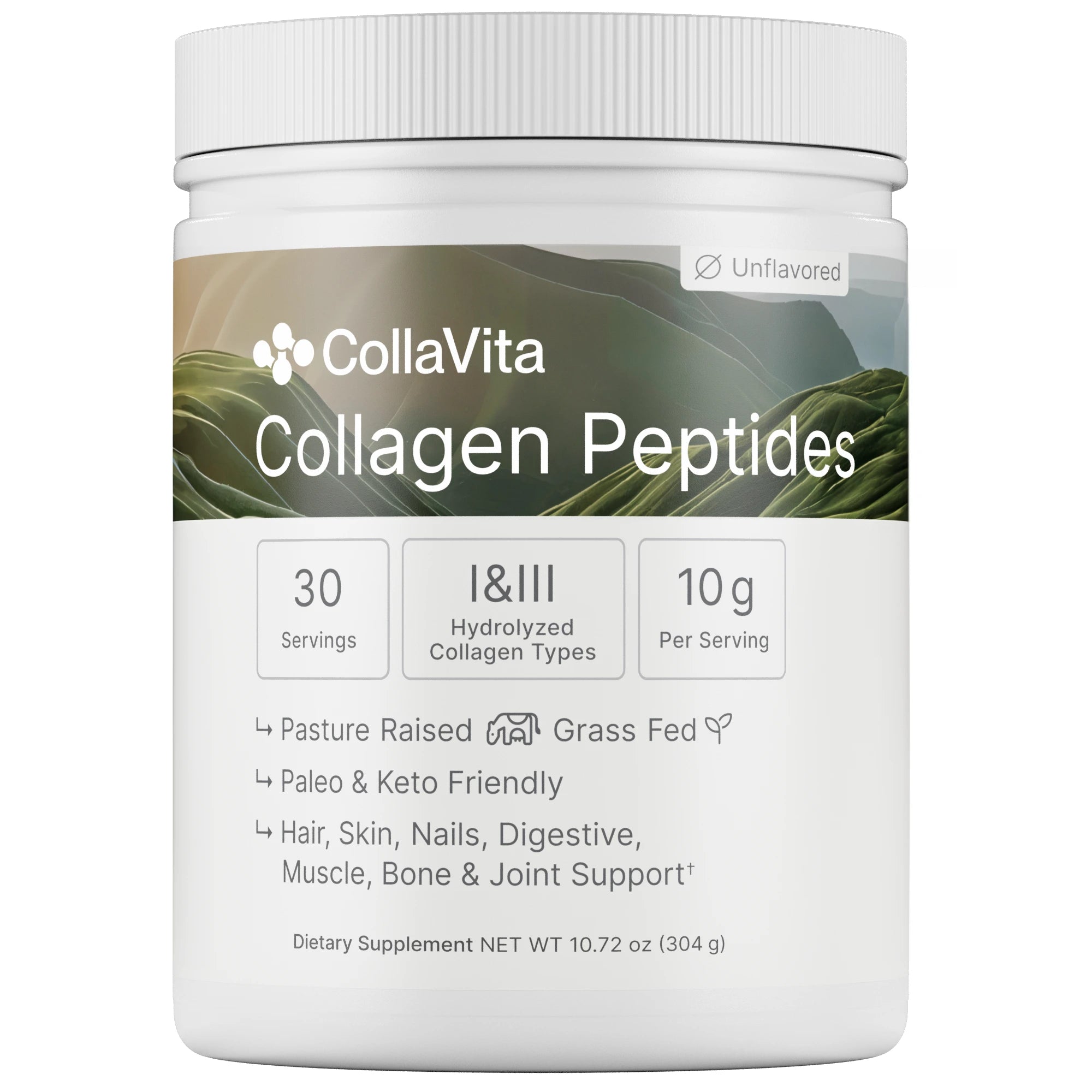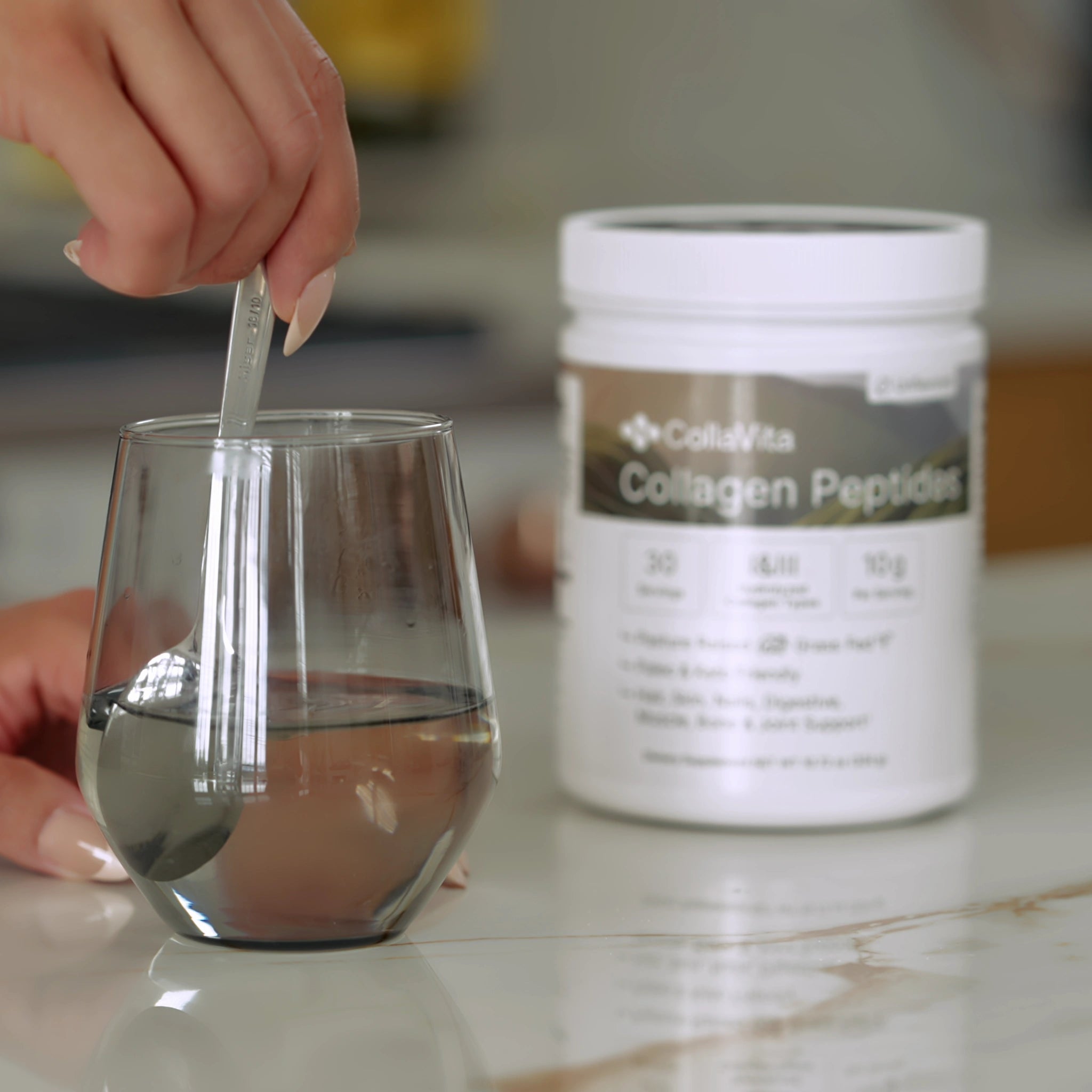What are the Key Differences between Vegan Collagen Boosters vs. Animal-Based Collagen?
The primary distinction between different collagen sources lies in their approach to supporting your body's collagen needs. Animal-based collagen, derived from sources like fish or other animals, provides your body with readily available collagen peptides. These peptides are designed to be easily absorbed and utilized by the body, directly contributing to its collagen reserves. Your body then intelligently processes these components, using them as collagen where needed or breaking them down into essential amino acids for various other bodily functions. This direct supply method offers a straightforward way to replenish and support your body's natural collagen structures.
Vegan collagen boosters, on the other hand, offer an alternative approach by supporting your body's natural ability to produce its own collagen. They achieve this by supplying key building blocks such as essential amino acids, vital minerals like zinc and copper, and crucial vitamins like Vitamin C. These ingredients empower your body to synthesize and maintain its collagen stores. Typically sourced from plants like bamboo, aloe vera, and sea moss, these boosters are a suitable option for those seeking plant-based nutritional support.
Top Vegan Alternatives for Collagen Support
The top vegan alternatives for collagen support are bamboo leaf extracts, amla berry and gotu kola, sea moss, aloe vera, and citrus fruits. As mentioned, collagen-rich foods vegetarians can use do not actually include collagen but rather provide the necessary minerals and vitamins to revitalize the body’s own collagen production. These plants are rich in key minerals and allow your body to digest these supplements and acquire the required minerals.
Bamboo Leaf Extract
Bamboo leaf extract is one of the best vegan collagen boosters of silica, which is crucial for collagen synthesis in the body. Silica bolsters the production of hydroxylation enzymes, which triggers collagen synthesis. Furthermore, bamboo extract serves as an effective hydrator for your skin with its high water preservation capacity. Hence, it improves skin elasticity and tightness, preventing suppleness and sagginess. Moreover, bamboo extract contributes to hair health and creates a shiny appearance.
Amla Berry & Gotu Kola
Amla berry is a rich natural source of Vitamin C, a chief mineral that bolsters collagen production in the human body. Hence, it supports skin firmness and elasticity to reduce wrinkles. Gotu kola is obtained from a medicinal herb widely produced in Southeast Asian countries. It has antioxidant features that suppress tissue stress and skin inflammation and relieve joint pains and discomfort.
Sea Moss
Sea moss is one of the richest vegetarian sources of collagen, with Vitamins C and A, as well as calcium, magnesium, and potassium. Therefore, it supports collagen production while reinforcing the immune system. Furthermore, sea moss can increase hair growth and improve digestion.
Aloe Vera
Aloe vera has a long history as a quick way of relieving sunburn on your skin or improving skin discomfort. Its jel content in the leaves is very rich in vitamin C, vitamin A, and antioxidants. The vitamin C content helps the body increase collagen production while its antioxidants reduce inflammation and acne. In addition, aloe vera boosts hydration, which is crucial for the skin's health and firmness.
Citrus Fruits
Citrus fruits are very well-known food sources of collagen with high vitamin C content which is the primary mineral used in collagen production. Hence, they are used in the production of vegan-based collagen boosters.

How to Choose the Right Vegan Collagen Boosting Product for You?
To choose the right vegan collagen booster for you, you should do careful research about vegan collagen powders and capsules since there are numerous options available on the market.
- Brand Reputation: First of first is the brand reputation and therefore, you should look for the reviews and complaints (if there are any) about the company on the online resources. Furthermore, you can check the company’s history and the online news to see whether there is any problem related to the company’s products.
- Product Ingredients: Then, check the products’ ingredients to see what is inside. Additionally, some plants may contain heavy metals which are harmful to your health. Hence, you can check the third-party verification and tests on the product that you intend to buy to confirm the ingredients list and the safety of the product.
- Claims: Companies are inclined to exaggerate the effects or benefits of their products to increase their sales. Hence, you should be skeptical about the overstated claims about the product’s efficiency.
What are the Benefits of Choosing Sustainable Collagen Alternatives?
Plant-based collagen boosters are sustainable collagen alternatives that have remarkable advantages over animal-based collagen types. Firstly, plant-based collagen boosters do not contain animal-derived materials such as gelatin or tissues. Hence, they can be used by vegans. Furthermore, they are easier to digest and do not normally cause intestinal problems.
Secondly, sustainable collagen boosters are produced from sustainable plants like sea moss, aloe vera, bamboo extracts, and amla berries. Hence, plant-based collagen boosters has a much lower carbon footprint and much less negative environmental effects than animal-based collagen types.
Lastly, plant-based collagen boosters aims to bolster collagen synthesis and production in the body by providing a sufficient amount of necessary vitamins and minerals. So, the body can produce as much collagen as needed and use it in the required tissues.
SOURCE
Scientifically Reviwed by Omer (Matt) Sermet














